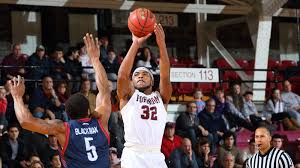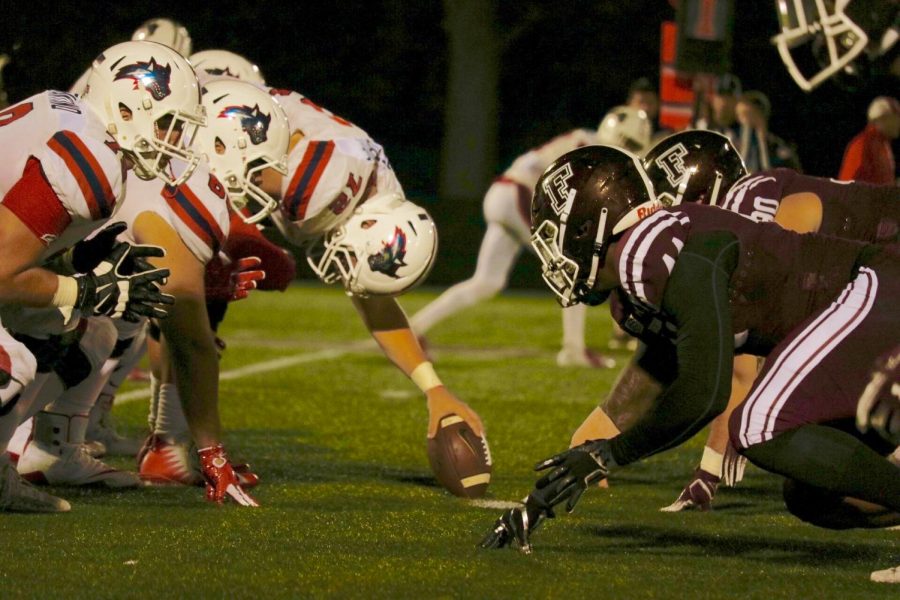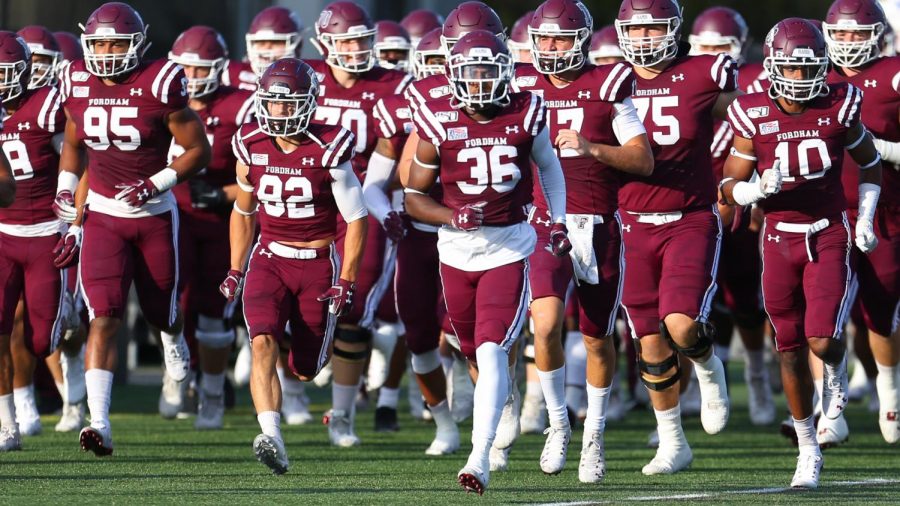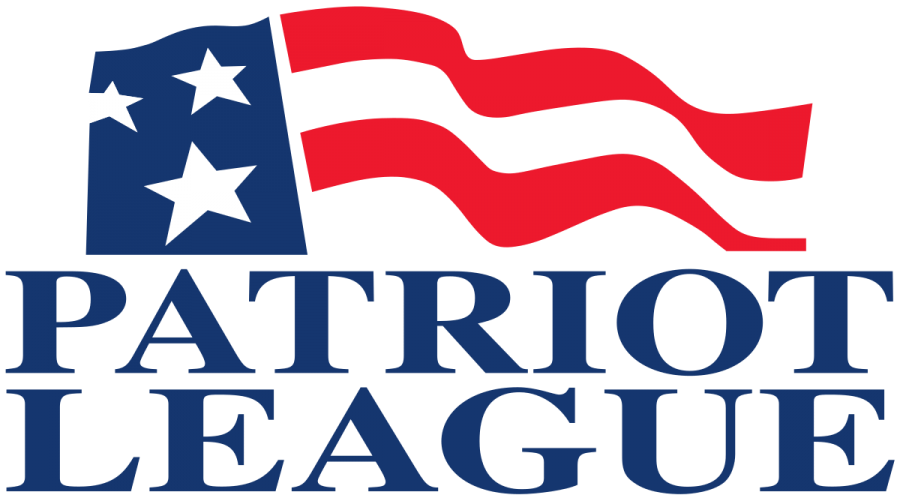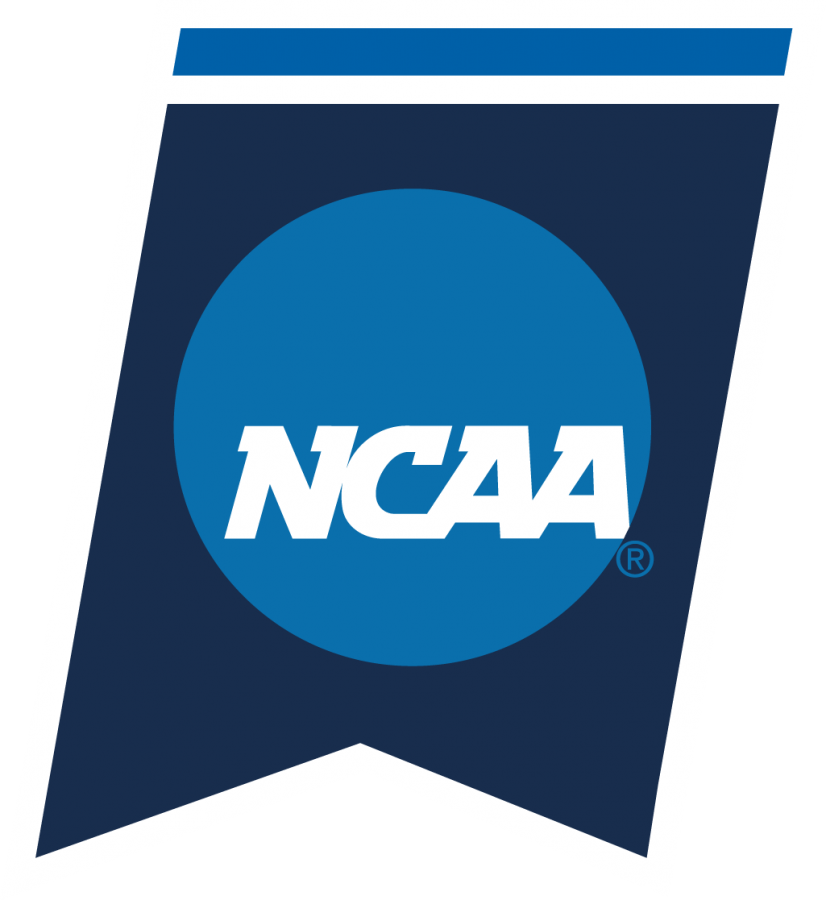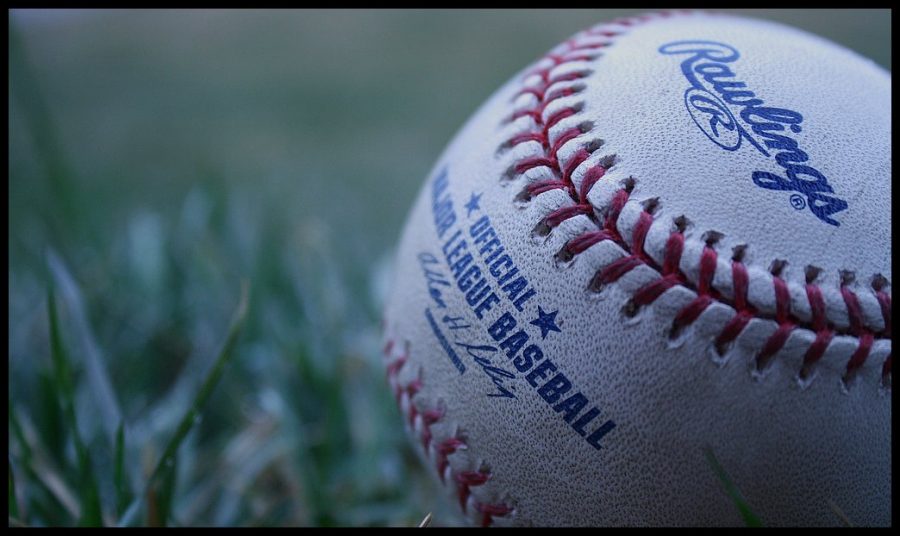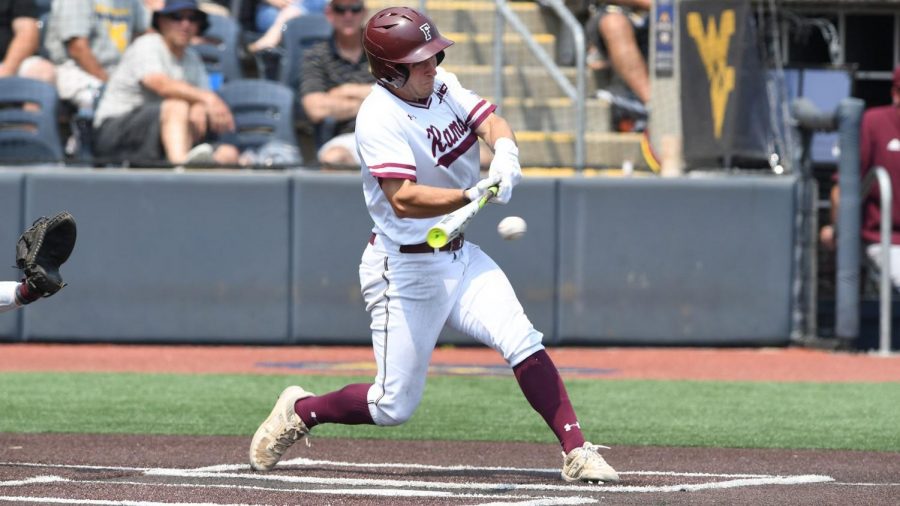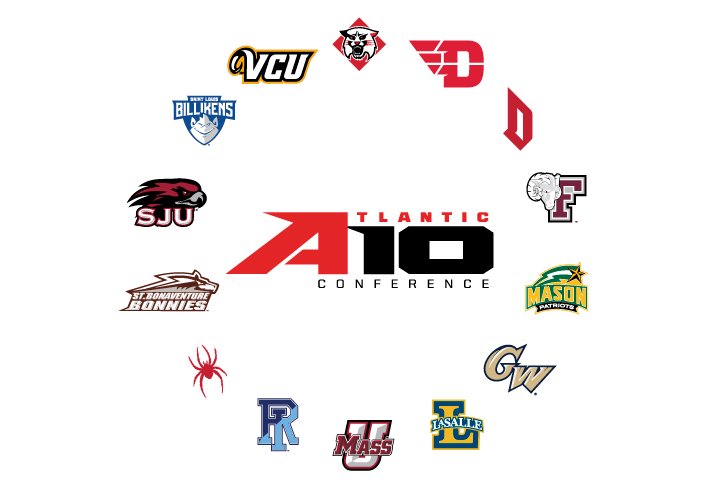NOTE: This article originally appeared in The Fordham Ram in August 2020. Written with Alex Wolz.
On July 30, Fordham Athletics announced a partnership with marketing expert and New York Times bestselling author Jeremy Darlow to help educate Fordham student-athletes on their personal brands and how to market themselves while they are in college. Darlow currently works as a brand consultant and was a marketing director for Adidas.
In an interview with the Ram, Fordham interim Athletic Director Ed Kull explained that their relationship goes back many years. Kull said that when he worked at Coca-Cola and Vitamin Water as a sports marketing manager, he worked with several of Darlow’s athletes.
“I just think it’s tremendously necessary in terms of our student development, our student leadership programs, our commitment to the student-athlete’s complete whole experience,” Kull said. “Once they leave here, are they prepared for the outside world? Are they prepared for an industry that they’re interested in?”
Two student leaders at Fordham’s Student-Athlete Advisory Committee, or SAAC, also expressed the partnership’s importance. “I know I personally struggle with trying to navigate my future career after college and being a student-athlete. I believe that with Jeremy Darlow’s assistance, it can really help student-athletes find new and creative ways to differentiate themselves and further prepare them for their lives beyond college athletics,” SAAC vice president and senior volleyball player McKenna Lahr said.
The program will be a curriculum-based online course — taught by Darlow — which contains homework assignments and other activities surrounding his book, “Brands Win Championships.” The program will last throughout the semester and will be integrated into Fordham’s Leadership Academy. In a statement on July 30, Fordham Athletics said that Darlow would provide a “step-by-step guide to building their brand, including how to recognize and grow their influence, target and identify their potential audience and develop strong communication platforms.”
A key element of the course is the word, “brand,” which is incredibly important to athletes despite its contentious implementation in the NCAA. SAAC president and senior cross country runner Dylan Serino understands the same, saying, “being a student-athlete can be extremely beneficial as far as building a personal brand. This course will help college athletes utilize their athletic influence well after college. It will teach the necessary skills to best grow your brand using the unique experience of a college athlete.”
The partnership comes at a unique time for Fordham Athletics and college sports. Many fall seasons have been postponed or outright canceled, with none of Fordham’s sports currently scheduled to play this fall. There is also another undercurrent to this discussion, which is the ongoing debate around Name, Image and Likeness (NIL) and how NCAA athletes could profit off of it. The NCAA is currently considering allowing students to profit from personal events, including camps and clinics, autograph sessions and personal products or services. While this is not currently NCAA rule, this could change in the near future.
Kull clarified that the Darlow partnership had nothing to do with the NIL discussion. He also said that Darlow could be a good guy to have around if that debate changes.
“I think it’s too early to tell, but he surely would be somebody that could be definitely experienced enough or professional enough to help in that space, for sure,” Kull said. “I think his resumé and his skill set would be fitting for that.”
This strategic partnership also comes as athletes will have significantly more time to utilize it than they would have otherwise. As Fordham students return to campus for what could be a full fall semester or a much shorter period of time, the athletic department is mindful of the fact that student-athletes won’t be putting the time commitment into competitions.
“This is just another opportunity to leverage and put more time investment,” Kull says. “They won’t be traveling. They won’t have evening games or competitions or losing weekends, so how do we give them some additional benefit to help prepare them for post-college athletics with these opportunities?”
Lahr expressed the ability of the course to fit into student schedules when the competition returns. “Also, given the program itself, I feel he really considered our lifestyles when framing the course to easily fit into one’s busy schedule.” Whenever sports come back, Fordham and Darlow Rules will be prepared for it.


